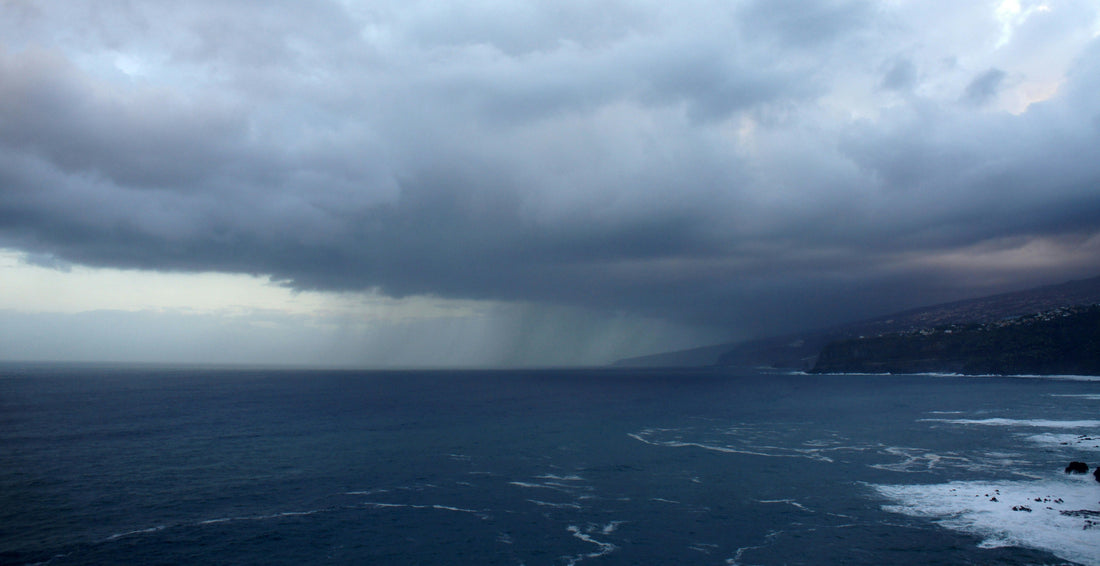It might sound wild, but it’s true: humans are better at detecting the smell of rain than sharks are at detecting blood in water. That earthy smell you notice before a storm? That’s caused by a compound called geosmin, and our noses are surprisingly good at picking it up, even better than a shark’s famously sharp sense of smell.
The Rain-Smelling Superpower
Geosmin is released by soil-dwelling bacteria and algae, especially after dry weather, and it’s what gives rain that fresh, earthy scent. A study from Norwich Research Park found that humans can detect geosmin at concentrations as low as 100 parts per trillion.
So How Do Sharks Compare?
Sharks are often said to “smell a drop of blood from miles away,” or “a single drop of blood in an Olympic swimming pool” but the science doesn’t quite back that up. Sharks can detect blood in water at concentrations around 1 part per million. Still impressive, but not nearly as sensitive as our nose for geosmin.
This doesn’t mean humans are better at smelling overall, of course. Shark noses are still incredibly well-adapted to their environment. They use their sense of smell to detect amino acids, urea, and other chemical signals that help them locate prey—even from hundreds of metres away.
For a deeper dive into how sharks really detect their prey, check out our full article on Understanding Shark Sensory Systems. This is why sharks are so often attracted to fishing activities, why sprearfishers are one of the highest risk categories for shark bites, and why caution must be taken at beaches with shark nets and drumlines, often depredating on previous catch.
Why This Matters
This study highlights how evolution shapes sensory perception in species based on their environment. While sharks need to detect chemicals in vast, murky oceans, humans may have evolved to sense geosmin as a way of anticipating rain, an important factor in survival for early humans and agricultural communities.
For ocean users, whether you’re surfing, diving, or spearfishing, understanding how sharks sense the world is crucial to minimising risk. That’s why innovations like the Shark Stop wetsuit use science-backed materials designed to reduce injury in the rare event of a shark bite.
So, next time you step outside and smell that signature “rain is coming” scent, take pride: you’re using a biological sensor that’s more sensitive, at least in this case, than that of a great white shark.

